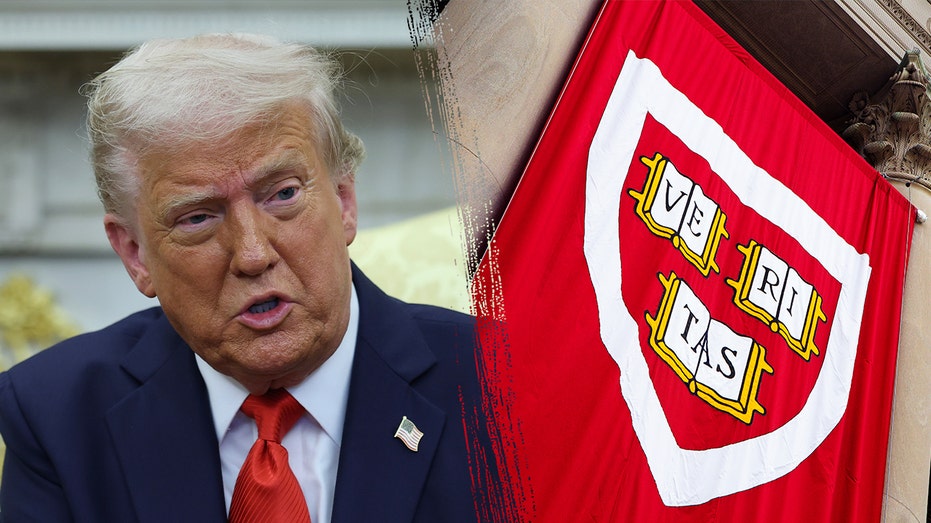Harvard’s DHS Visa Lawsuit Sparks Supreme Court Conflict Concerns

Sarah Johnson
May 30, 2025
Brief
Harvard’s lawsuit against DHS over a student visa ban raises Supreme Court conflict-of-interest concerns, with four justices tied to the university.
Harvard University’s legal battle with the Department of Homeland Security (DHS) over a visa ban targeting its international students has sparked a heated debate, with the case potentially hurtling toward the Supreme Court. The controversy revives questions about judicial impartiality, as four justices—Neil Gorsuch, Elena Kagan, John Roberts, and Ketanji Brown Jackson—have ties to Harvard. Could their alma mater connections cloud their judgment?
The lawsuit, filed in Massachusetts, challenges the Trump administration’s move to strip visas from foreign students at Harvard, branding it unconstitutional. A federal judge, Allison Dale Burroughs, swiftly issued a restraining order, halting the DHS policy temporarily. This rapid escalation suggests the case could soon land before the nation’s highest court, where personal connections to Harvard might raise eyebrows.
Justice Jackson’s ties are particularly deep. Beyond her Harvard degrees, she served on the university’s Board of Overseers until 2022, and her daughter is a current student. In 2023, she recused herself from a major Harvard affirmative action case, citing her board role. Will she step aside again? Legally, it’s her call alone, as justices decide their own recusals without oversight—a practice some, including constitutional law professor James Sample, call flawed.
Sample notes that while being an alum doesn’t typically warrant recusal, closer ties—like Jackson’s—could justify it. Yet, legal scholar Ed Whelan dismisses the idea that school loyalty, like cheering for a football team, would sway a justice. Gorsuch and Kagan, both Harvard Law grads, and Roberts, a double-degree holder, face no such pressure, as their connections are less direct.
This isn’t Harvard’s only fight with the Trump administration. A second lawsuit claims the government improperly froze $2 billion in grants and contracts. Meanwhile, recent Supreme Court recusals—like Amy Coney Barrett’s in a religious school case or multiple justices in a copyright dispute—highlight how personal ties can sideline justices, sometimes deadlocking the court.
The visa case’s stakes are high, not just for Harvard but for the broader question of judicial impartiality. As the court’s Harvard alumni face scrutiny, the nation watches to see if personal ties will tip the scales—or if justice will stay blind.
Topics
Editor's Comments
Four Supreme Court justices with Harvard ties? Talk about a Crimson conflict! If Justice Jackson recuses herself, will she be cheering for her daughter’s graduation or the court’s ruling from the sidelines? And with the Trump admin playing hardball, it’s like Harvard’s stuck in a legal tug-of-war—only this time, the rope’s made of visas and billions in grants!
Like this article? Share it with your friends!
If you find this article interesting, feel free to share it with your friends!
Thank you for your support! Sharing is the greatest encouragement for us.



